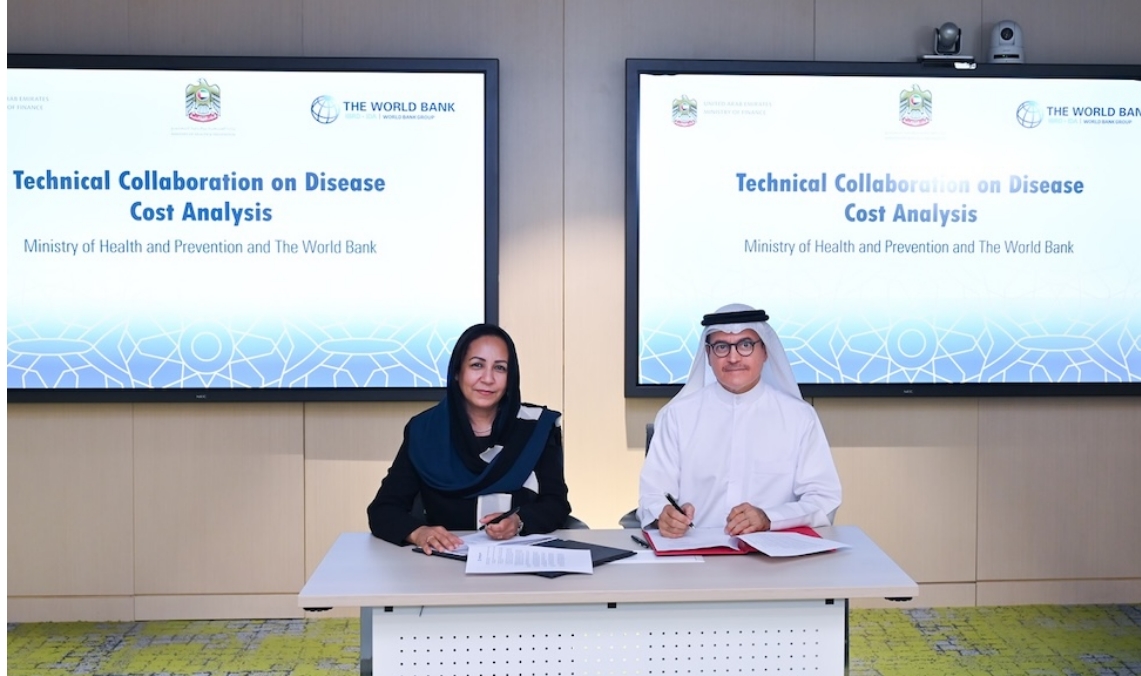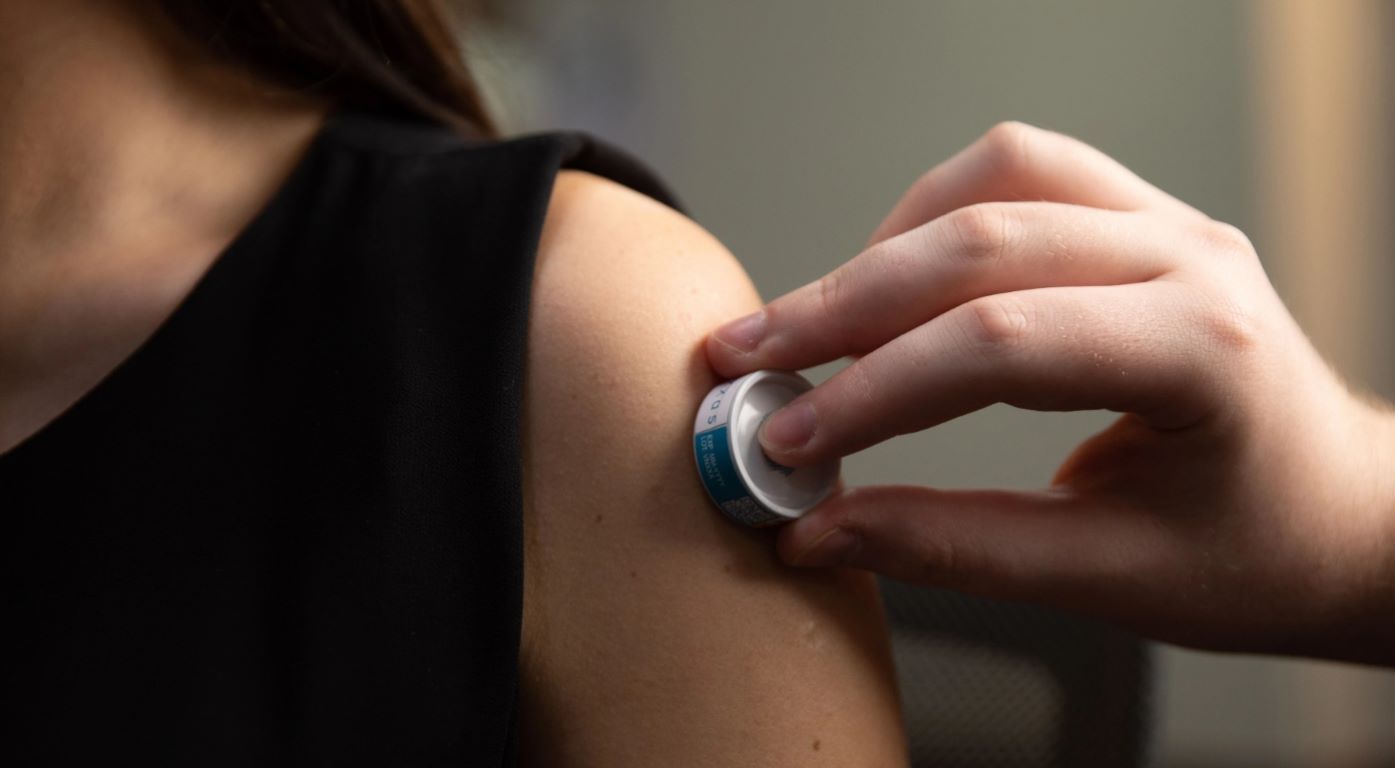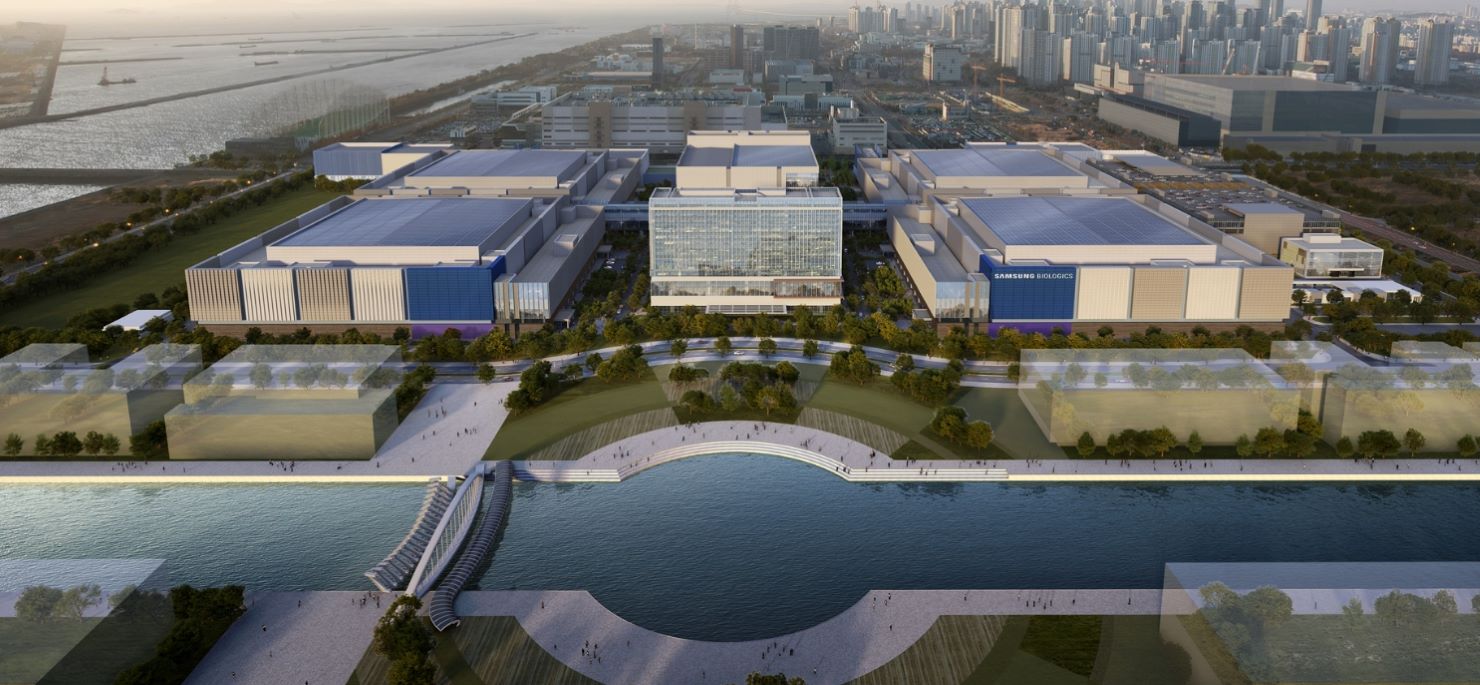Money, sex and drugs: GSK Scandal Highlights
23 August 2014 | Analysis | By BioSpectrum Bureau

As an irony of sorts, one of the biggest scandals witnessed by the pharmaceutical industry took place in the country with the world's most stringent laws. Even as big and small firms continue to make inroads into China, language barriers and regulatory understanding, notwithstanding, many with already a set base and millions in revenue from the region, are concerned.
What started as a nation-wide check into pricing of pharmaceutical products in February last year led to revelations that have shook decade long existences of leading companies in the country.
In May this year, the Chinese police finally closed the 10-month-long investigation into British drug maker GlaxoSmithKline, charging the former China head of the drug maker, Mr Mark Reilly with bribery.
The probe led the cops into establishing how billions of yuan were paid in bribes to doctors and hospitals. The police in the Hunan province said that Mr Mark Reilly, along with two Chinese executives, Mr Zhang Guo-wei and Mr Zhao Hongyan, were suspected of bribing officials in the industry and commerce departments of Beijing and Shanghai.
News reports explained how this was the biggest corruption scandal to hit a foreign company in China since the Rio Tinto affair in 2009, which resulted in four executives, including an Australian, being jailed for seven to 14 years each.
"GSK departments offered bribes to hospitals and doctors as well as personnel to boost their sales. The money involved was in billions of yuan," a Ministry of Public Security official had said in a press statement then.
The police report also said that Mr Reilly has been accused of pressing his sales team to bribe doctors, hospital officials, and health institutions. This, the report said resulted in "illegal revenue" of hundreds of millions of dollars.
The plot thickens
Even as China strengthened its hold on companies and their operations, as this issue goes into print, it emerged that the bribery investigations into the company were sparked by a sex tape. The sex tape is said to be featuring Mr Mark Reilly, who was implicated in the corruption scandal.
Further, the company in the UK too has confirmed the existence of such a footage of Mr Reilly. Mr Reilly, who is said to have been separated from his wife, is seen engaging in intimate activity with a Chinese lady, in his Shanghai flat in the video, news reports explained.
How the scandal unfolded
In July 2013, after initial probes, the Chinese police accused Britain's biggest drug maker of spending $482 million (3 billion yuan) through travel agencies to bribe doctors and medical officials.
In a bid to boost sales of its drugs in the emerging nation, the sales staff of the drug maker revealed that they were instructed to offer bribes. One former employee hinted at sexual favors being offered to medical officials too.
As revelations grew bolder, the company's headquarters in the UK first denied any knowledge of any such wrong doing and then jumped into damage control mode. GSK shuffled its core team in China and replaced the former head, Mr Mark Reilly, who by then had been restricted from leaving the country till the probe ended. GSK even revamped its business model for China.
Meanwhile, the Chinese officials only dug deeper and exposed more muck. By this time, many other top MNCs were investigated for bribery and corruption charges.
The UK's Serious Fraud Office (SFO) has launched a formal criminal investigation against GlaxoSmithKline.
Simultaneously, the company is battling corruption and bribery allegations in Poland, Iraq, Jordan, and Lebanon as well.
But in all this, MNCs like AstraZeneca, Bayer, Eli Lilly, Novartis, Novo Nordisk, Roche, and Sanofi are also currently facing probe by the Chinese authorities.
The world's biggest insulin maker, Novo Nordisk said that Chinese authorities had visited one of its sites in Tainjin in northern China. The company had said that it is co-operating with authorities and hasn't been accused of any wrongdoing. AstraZeneca, Eli Lilly & Co, Roche, and Sanofi have all been probed by Chinese regulators.
A news report highlighted a whistle-blower allegation against Sanofi, claiming that the company gave about $276,000 (1.69 million yuan) in bribes to local doctors. The Paris-based drug maker said that it had established processes in place for reviewing and addressing such issues.
Further, a former vice president of China's largest drug distributor Sinopharm too was detained by the police on corruption charges. Further, Sino Biopharm, which makes drugs to treat cardiocerebral diseases and hepatitis, was the second Chinese drug company to be the subject of media allegations.
The Chinese state media said that more than 1,000 doctors, nurses, and administrators at 73 hospitals in Zhangzhou city in the southeastern province of Fujian had been found taking kickbacks. State broadcaster CCTV said 90 percent of the city's doctors were involved and that authorities had recovered $3.34 million (20.5 million yuan) in illicit funds after a six month investigation. Margins squeezed Last year, a Reuters' analysis of more than 60 listed Chinese healthcare firms showed that average profit margins declined to around 10 percent last year from 15 percent in 2012. Average net profits fell 2.1 percent, down from close to 20 percent growth in previous years.
"Most companies, local and foreign, have enjoyed an easy growth phase for 5-6 years as money was thrown at the healthcare system to improve access," said Mr Alexander Ng, Hong Kong-based associate principal at McKinsey & Co in a news report. "Now China is more into cost containment mode and the squeeze on pricing and margins is a lot more apparent."
GSK's China revenues plunged 61 percent in the third quarter last year.
The Reuters' analysis showed that the combined revenue growth in the sector fell to 17.9 percent last year, from 22.6 percent in 2012 and more than 28.8 percent in 2011.











